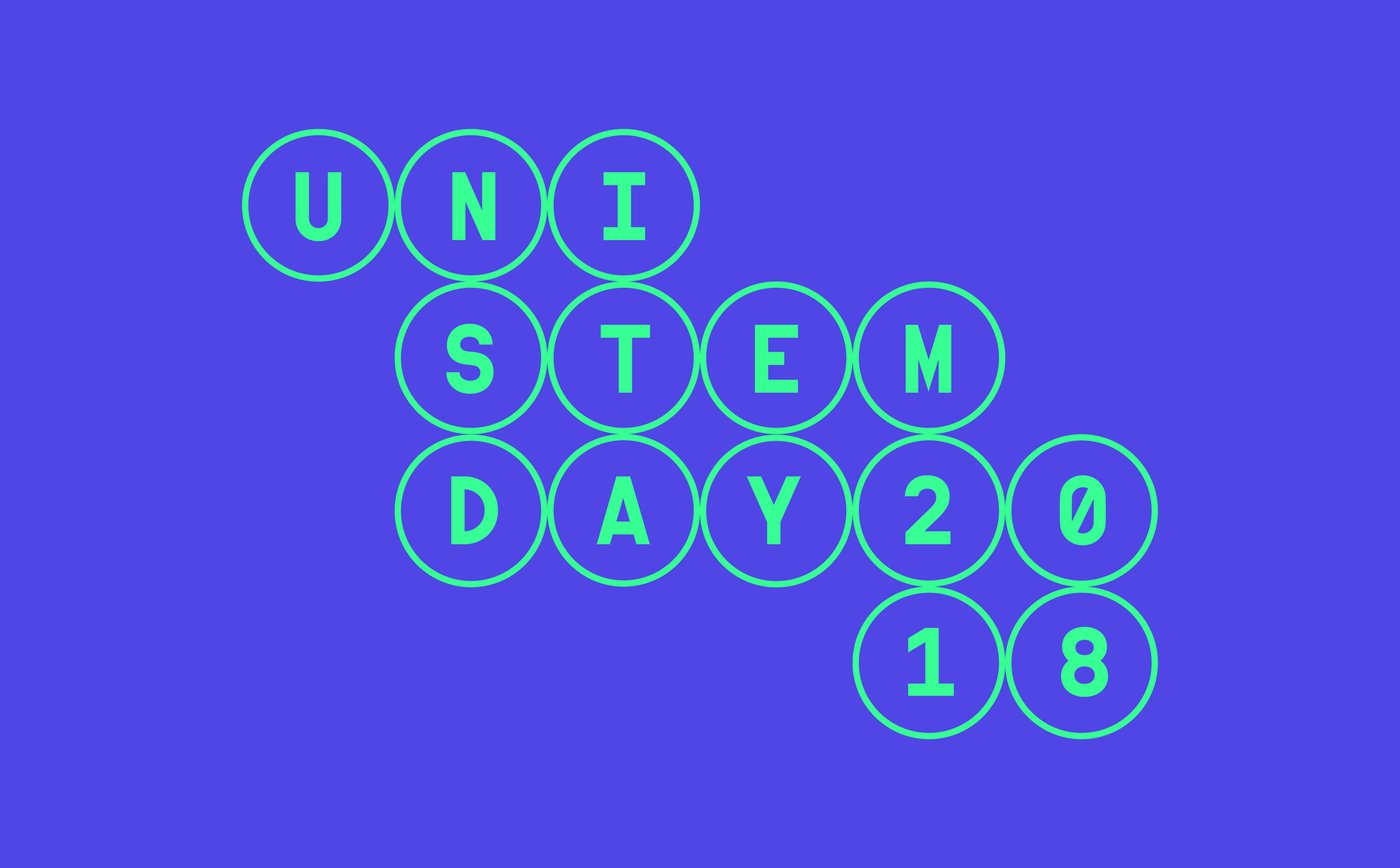
UniStem Day 2018
Throughout North Rhine-Westphalia (NRW) six different institutes opened their doors to interested school pupils as part of the Europe-wide Stem Cell Day. A total of more than 150 school pupils from the fields of biology and philosophy took part in the event.
The Europe-wide Stem Cell Research Activity Day was held for the 10th time this year. Germany took part for the third time with various events, many of which took place in NRW and were hosted by the members of the Stem Cell Network NRW. The aim of UniStem Day, which is organized jointly with the German Stem Cell Network (GSCN), is to deepen the knowledge about stem cell research taught at schools, to provide insights into research practice, and to arouse the curiosity of pupils.
At Ruhr-Universität Bochum, the program extended over two days and was held under the slogan “Stem cells – all-rounders or the devil’s work?”. After a welcoming speech by Prof. Andreas Faissner, 50 high school pupils from Bochum, Essen, and Recklinghausen concerned themselves with biomedical research on stem cells. In the laboratory, they looked at stem cells under the microscope, learned about the differences between different stem cell types, and were even able to identify a pluripotency marker gene in human-induced pluripotent stem cells. On the second day, the school pupils looked at the ethical evaluation of stem cell research. The philosopher Prof. Klaus Steigleder gave the first impulses for this during a lecture, following which the school pupils then concerned themselves with ethical questions on different stem cell types in small groups and under the guidance of experienced scientists. The second day ended with an interdisciplinary panel discussion, during which the school pupils put their critical questions on stem cell research to Prof. Klaus Steigleder (philosopher), Dr. Jaqueline Reinhardt (biologist), Prof. Stefan Wiese (biologist), and Dr. Gudrun Kordecki (Institute of Church and Society, Evangelical Church of Westphalia).
At Essen University Hospital, Prof. Peter Horn, Director of the Institute of Transfusion Medicine, first gave the participating school pupils an overview of the current state of stem cell research. With the newly learned knowledge in mind, the school pupils then visited each working group at the institute under the guidance of Dr. Verena Börger, learned more about the respective research areas, and were also allowed to gain some hands-on experience. The school pupils were particularly interested in the fact that it is already possible to obtain artificial blood from stem cells.
The department of Prof. Edda Tobiasch at Hochschule Bonn-Rhein-Sieg, University of Applied Sciences, had once again prepared an experiment for the school pupils this year. Following a theoretical introduction to stem cell biology, the school pupils were able to observe the differentiation of adult stem cells under the microscope under the guidance of biologist Patrick Babcyzkand to detect osteogenic differentiation by means of staining.
There were even three different events in Bonn on UniStem Day. At the Institute of Science and Ethics at the University of Bonn, the focus lay on current treatment options with stem cells and the handling of untested therapies. Martin Heyer gave an overview of previously approved therapies with stem cells, e.g. following skin burns or leukemia, and then went into what is known as “stem cell tourism”. Afterwards the pupils discussed the associated hopes and responsibility, as well as the ethical questions, with Prof. Bert Heinrichs.
“Babies from skin cells? Future perspectives of iPS technology” was the slogan of the Moral Theology seminar at the University of Bonn. Barbara Adveny-Regnery presented the medical possibilities of induced pluripotent stem cells in reproductive medicine and subsequently discussed medical perspectives and related ethical questions in an advanced philosophy course.
Activities for high school students also took place at the University Hospital Bonn as part of European Stem Cell Day. At the Institute of Reconstructive Neurobiology, the school pupils received an introduction to stem cell biology and were informed about the treatment of neurodegenerative diseases. Lively discussions, a stem cell quiz, a tour of the laboratories, and a UniStem Day conference call were also on the agenda. Prof. Oliver Brüstle, CEO of the Stem Cell Network NRW, was also on site and welcomed the school pupils personally.
Thanks to the commitment of the scientists at the various institutes, the Europe-wide stem cell day in NRW was once again a great success this year and was able to arouse the interest of many curious pupils in stem cell research.